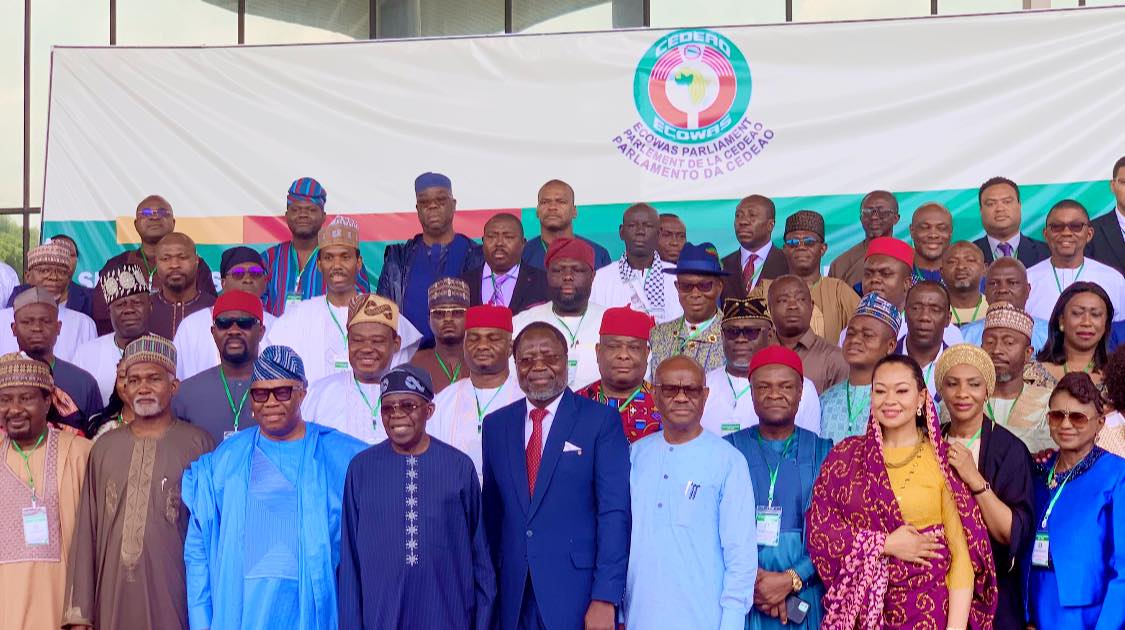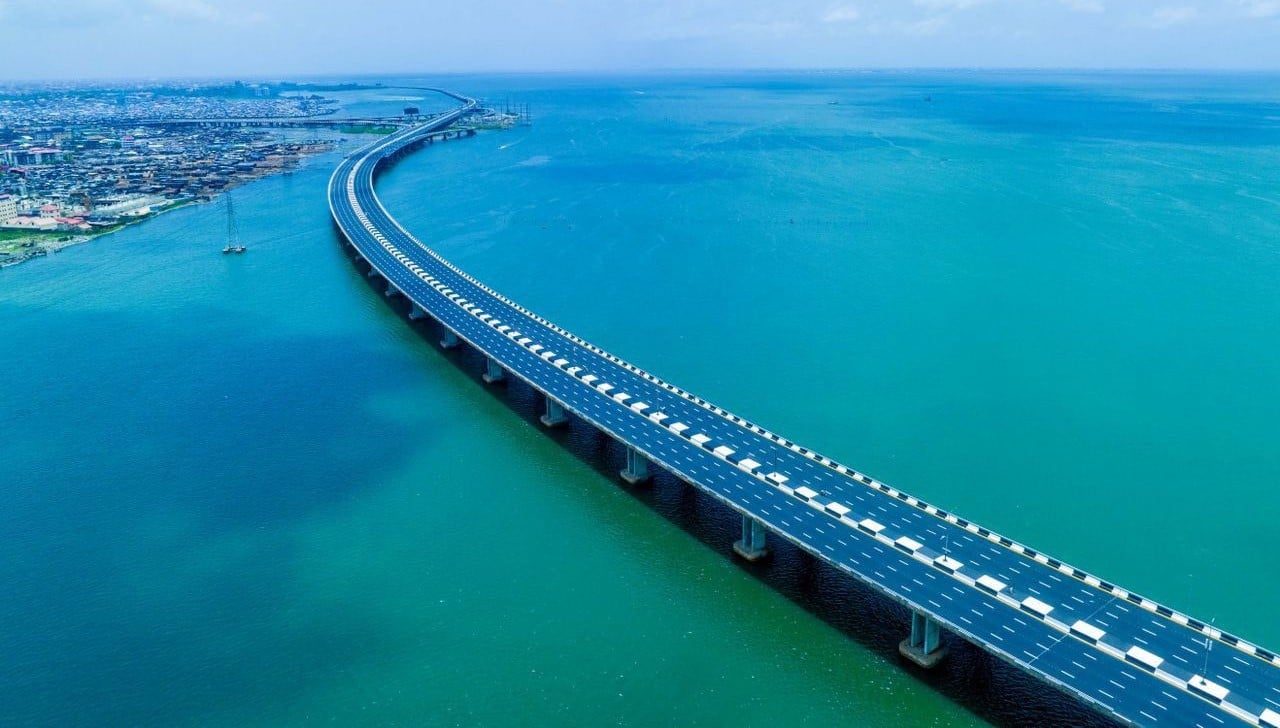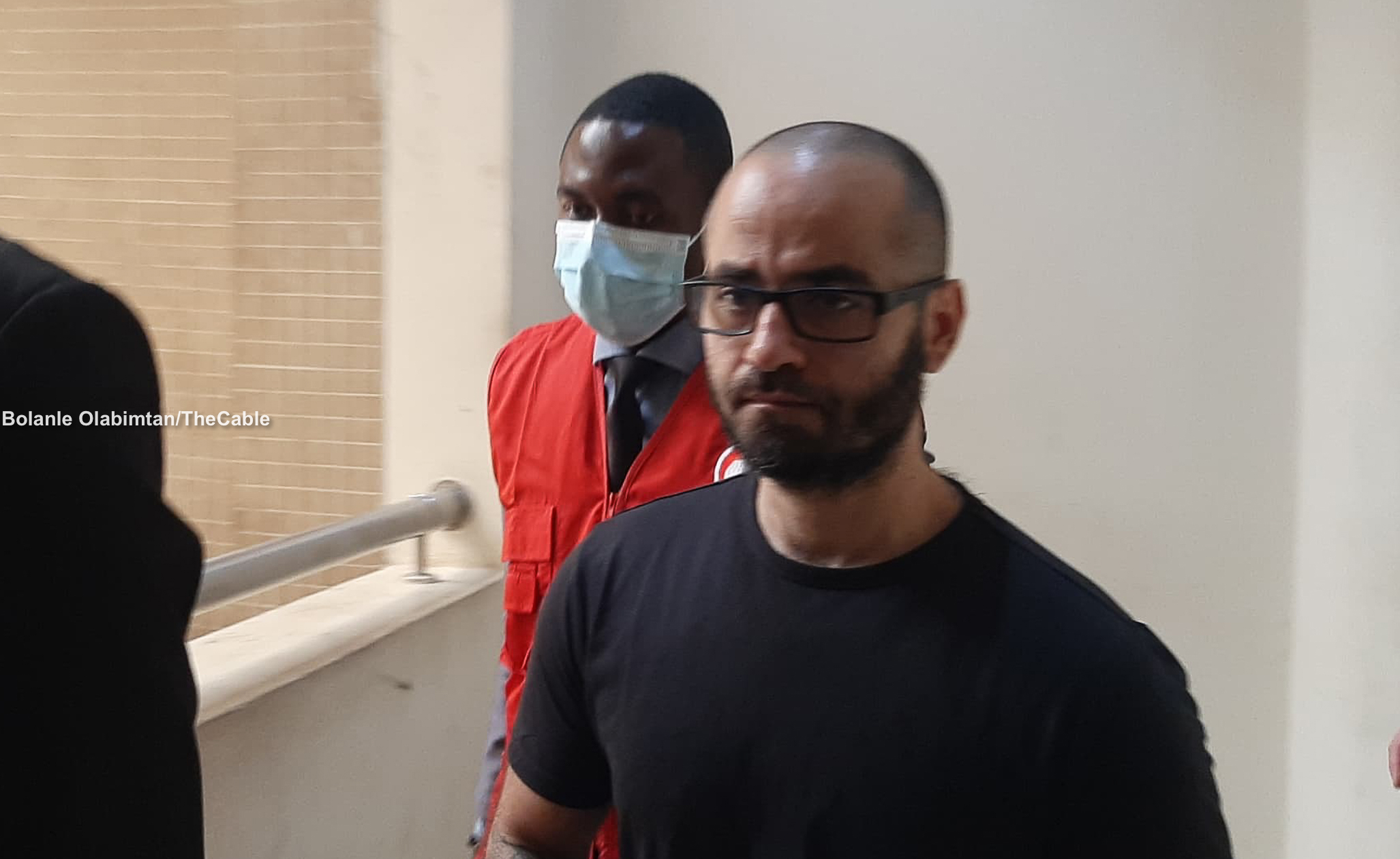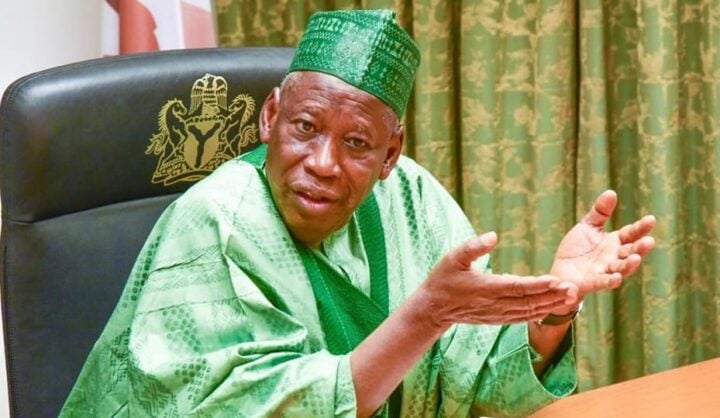File photo of an EFCC operative
The Economic and Financial Crimes Commission (EFCC) did not sack Offem Uket, its prosecutor in the OPL 245 trial, a senior official of the commission has told TheCable.
The official, who declined to be named because of lack of authorisation to speak on the trending online report, said Uket was on contract with the commission.
“The contract expired and it was not renewed,” the official said, noting that Uket was not the first prosecutor whose contract would not be renewed.
A previous prosecutor, Bala Sanga, filed the charges against Mohammed Bello Adoke, Aliyu Abubakar, an Abuja property developer, Rasky Gbingie, company secretary of Malabu Oil & Gas Ltd, Nigeria Agip Exploration Limited (NAEP), Shell Nigeria Ultra-Deep Limited (SNUD), and Shell Nigeria Exploration Production (SNEPCo) in 2020.
Advertisement
The defendants were accused of conspiracy, fraud, money laundering, bribery and tax evasion in the transfer of OPL 245 by Malabu Oil & Gas Ltd, the original owners of the oil block, to Shell and Eni/Agip in 2011.
Uket took over the case half way — after the exit of Sanga whose contract with the EFCC expired in 2022.
After the EFCC concluded its case in 2023, the defendants filed a no-case submission, maintaining that the commission did not provide any evidence to prove the allegations.
Advertisement
In his response to the no-case submission, Uket conceded that indeed the EFCC did not have sufficient evidence but insisted that Gbingie had a case of forgery to answer.
In his ruling, Abubakar Kutigi, the judge, upheld the no-case submission.
According to online reports, Uket was thereafter fired by the EFCC after being accused of collecting bribes from the defendants to scuttle the case.
‘HE DIDN’T CLEAR WITH CHAIRMAN’
Advertisement
The official who spoke with TheCable said the EFCC chairman, Ola Olukoyede, was unhappy that Uket did not clear with him before conceding in court.
“The chairman said Uket should be suspended, but at no time did he accuse him of collecting bribes or being put under pressure to collect bribes,” the official told TheCable.
In January 2024, while reportedly on suspension, Uket still filed EFCC’s response to the no-case submission made by Adoke in another court case — this time before Justice Inyang Ekwo at the federal high court, also in Abuja, in which the commission insisted that the former AGF had a case to answer over allegations of money laundering.
The ruling in that case is expected any moment from now.
Advertisement
“The chairman was of the opinion that Uket did not act professionally, otherwise he would have consulted before conceding as it was above his paygrade,” the official added.
Uket’s contract expired along the line “and the chairman felt he could not justify a renewal”, according to the source.
Advertisement
Dele Oyewale, the EFCC spokesman, did not respond to messages from TheCable.
TheCable has also been unable to reach Uket for comments.
Advertisement
‘FOUR YEARS WASTED’
Delivering his ruling on March 28, 2024, Kutigi chastised the EFCC for filing “frivolous” charges.
Advertisement
Kutigi upheld the no-case submission filed by Adoke and dismissed the charges of fraud, bribery and conspiracy against the former minister on the grounds that the EFCC failed to adduce credible evidence to prove the allegations contained in the charge.
Although the judge commended the prosecution for conceding that it did not have sufficient evidence to oppose the no-case application by Adoke, he criticised the anti-graft agency for wasting four years prosecuting the case.
The judge added that the defendants ought not to have been charged in the first instance.
The judge further noted that a charge must not be filed just for the purpose of filing, adding that a frivolous charge does damage to the judicial system.
“It is argued that people can be arrested circumstantially,” the judge said.
“But every trial, more so, a criminal trial is a different ball game which must be undertaken with utmost care and attention to details, particularly, the quality of the evidence and availability of witnesses.
“It cannot be right or fair, that in this case, for example, nearly about 30 counts in the case involving forgery, the documents subject to these counts were not presented in evidence and material evidence led to situate the elements of forgery.
“If as stated by the lead investigator, PW10, that they demanded for about 37 documents from the CAC but only a few were made available, this then begs the question, why a charge will be filed involving those documents the prosecution does not have access to?
“I must therefore make the point that the whole trial process whatever its inherent imperfection is entirely evidence driven, evidence which requires quality and probative value.
“This is so whether it is at this stage of situating a prima facie, as in the present situation, or at the point of determining guilt, or otherwise of the defendants.
“Without evidence in either of the two situations, it is self evident that such a case stands compromised ab initio.
“On the whole, the prosecution has failed to prove the essential elements of the offences for which the defendants were charged and accordingly, the no case submission has considerable merit and must be sustained.
“To allow this proceedings to continue having regard to the totality of evidence laid bare on the record by the prosecution is to inflict undue hardship and injustice on the defendants.
“They ought not to have stood trial in the first place if the evidence on record was all the prosecution had to offer.
“The legal consequence of a successful submission of no case to answer is that such a discharge is equivalent to an acquittal, and dismissal of the charge on the merits.
“In my final analysis, and for the avoidance of doubt, my firm decision on the basis of the provision of section 302 of the ACJA 2015 is that the evidence adduced by the prosecution on record is not sufficient to justify the continuation of this trial.
“For this reason, I hereby preclude them from entering upon their defence.
“And accordingly, I hereby dismiss, I hereby discharge the defendants of all the entirety of the charge preferred against them.”
A STRING OF LOSSES
When President Muhammadu Buhari came to office in 2015, his administration started a series of litigation against Royal Dutch Shell, NAE, SNUD, and SNEPCo over the allegations related to OPL 245.
On May 22, 2020, a UK court declined jurisdiction in a case filed by Nigeria against Shell/SNUD and Eni asking for compensation in the sum of $1.1 billion.
On March 17, 2021, an Italian court acquitted Shell, Eni and all defendants of corruption charges in the $1.1 billion deal.
Also in June 2022, Nigeria lost its $1.7 billion claim against JP Morgan Bank over the transfers of proceeds from the sale of the oil block to Malabu’s directors.
Previously, the US Department of Justice investigated the transaction and announced in October 2019 that it was closing the case.
In April 2020, the US Securities and Exchange Commission also closed investigation into the deal after it could not prove fraud or corruption.
Meanwhile, Adoke recently said Ibrahim Magu, former acting chairman of the EFCC, has apologised to him over the criminal trials which he said Magu masterminded to help Nigeria win the cases in Italy and the UK to no avail.
In April 2018, a federal high court in Abuja had ruled that Adoke could not be held personally liable for carrying out lawful presidential directives.
Add a comment






